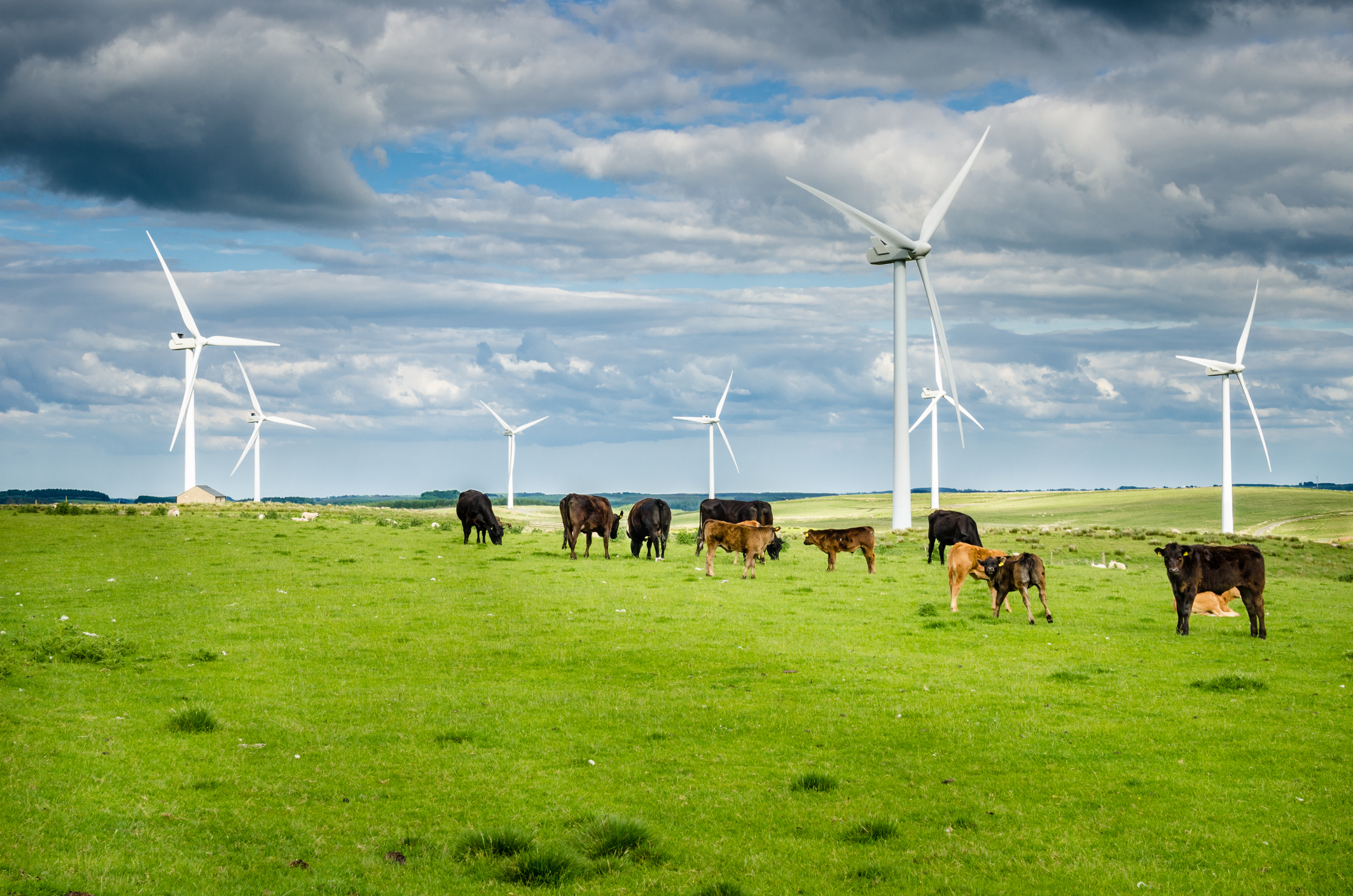By PHILIP HOPKINS
A SOUTH Gippsland livestock farmer, Lindsay Marriott, has backed renewable energy, in a presentation to a Senate inquiry.
Mr Marriott, a beef and sheep farmer who hosts 12 wind turbines and a substation on his family property, appeared as a witness at the Senate Committee on Information Integrity on Climate Change and Energy public hearing in Sydney.
Mr Marriott was invited to address the hearing by the Renewable Energy Alliance (RE-Alliance), an independent not-for-profit working for more than a decade with regional communities at the centre of the shift to renewables.
Mr Marriott, whose windfarm has been in operation for more than 10 years, spoke about the campaigns that ran against his windfarm during the planning process, some of the claims that were made, and what the reality has been 10 years later.
RE-Alliance’s national director, Andrew Bray, told the committee that there were a range of opinions about renewable energy in the regions, but repeated data showed a clear majority support renewables.
“While the rollout can be messy and communities have legitimate concerns that deserve to be addressed, one of the biggest contributors to community anxiety is not being able to easily access factual, locally-relevant and trusted information,” he said.
“When there is an information void, we see it filled, time and time again, by false and exaggerated claims. This is why our submission recommends the federal government establish a network of Local Energy Information Hubs in renewable energy regions across the country,” he said.
Local Energy Hubs are proposed local service centres run by councils or community organisations. Each hub would have a team of trusted local staff working to ensure communities are genuinely seeing the benefits of renewables at all levels, from accessing bill subsidies to helping electrify farms and small businesses, to responding to large-scale projects in development.
Mr Bray said local energy hubs are not simply shopfronts or drop-in-centres.
“They are designed to dramatically increase the capacity and agency of rural and regional communities so they can lead the shift to renewables, incorporate a range of local perspectives and tackle challenges as they arise,” he said.
More information on the Local Energy Hubs model can be found at: localenergyhubs.org.au












